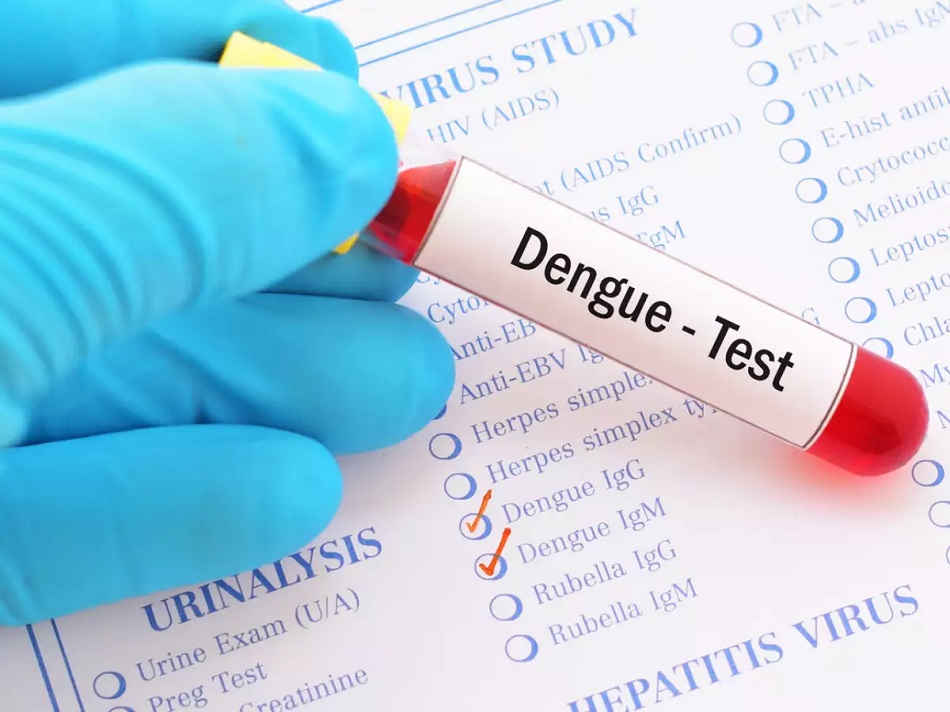Dengue is certainly not a new disease in our country. It is known that dengue is caused by the mosquito bites coming from the Aedes mosquitoes. Do you know that only female mosquitoes are able to infect humans? People infected by dengue virus may not show any symptoms but symptoms may still arise with various degrees. 80% of people infected with dengue virus usually are mild and asymptomatic. Since a person with dengue is often presented with symptoms that may not seem specific with dengue, society need to be aware of symptoms related to dengue before a person is able to get a diagnosis of dengue from a healthcare professional.
Aside from fever ,especially high fever, which lasts for 2 to 7 days being the most prominent symptoms for dengue, other symptoms associated with dengue should be noted. Symptoms of dengue include joint pain (arthralgia), muscle pain (myalgia), headaches with pain behind the eyes (retro-orbital headaches), nausea, vomiting, swollen glands and skin rash. It is important to understand that a person’s fever might drop below the 38 C and these symptoms may seem to disappear on the 3rd to 7th days after initial symptoms appear. During this time, a person should not be considered to already be free from dengue infection. In fact, this is the time where it is critical as a person’s health status may suddenly deteriorate and fall into a life-threatening condition, or even death. This critical phase could last for 24 to 48 hours.
Hence, when a person experiences symptoms related to dengue, the first thing to do is to make sure to get medical advice by visiting the nearest healthcare facility. A doctor will diagnose a person with dengue after some questioning and examining a person suspected with dengue. Dengue is usually suspected when a person shows symptoms associated with dengue infection. In countries that are not endemic of dengue fever, history of travelling to countries or places susceptible of dengue cases in the 2 weeks before symptoms are presented, should raise concerns that the person may have caught dengue virus.
The only way to confirm a person that has been infected with the dengue virus is through a blood test. Blood test is done to detect antibodies existing in the blood system. Antibodies are products produced by the human body as a sign that the immune system is working to eliminate the virus. Antibodies that need to be looked out for are the IgM or the IgG antibodies. These antibodies can be detected examining the blood through ELISA test of a PCR, a blood test of molecular level. NS1 antigen test is usually done through a rapid test kit. Rapid test kit is used as the initial test to detect early dengue infection as it is relatively cheaper and takes less than an hour to know the results. Blood tests not only help to detect the virus dengue but to give general information of a person’s blood status linked to the infection.
As mentioned, a person infected with dengue is at risk for dangerous situations in the 24 to 48 hours of critical phase. Hence, medical practitioners will ask a person to stay in hospital for the next 24 to 48 hours for observation purposes. Warning signs such as severe sudden abdominal pain, vomiting blood, presence of blood in stool, bleeding gums or nose, persistent vomiting of more than 3 times in 24 hours, breathing difficulty and fatigue or restlessness as signs that a doctor will look out for. It is much easier for healthcare professionals to provide medical care and to avoid complications during this observation time.

